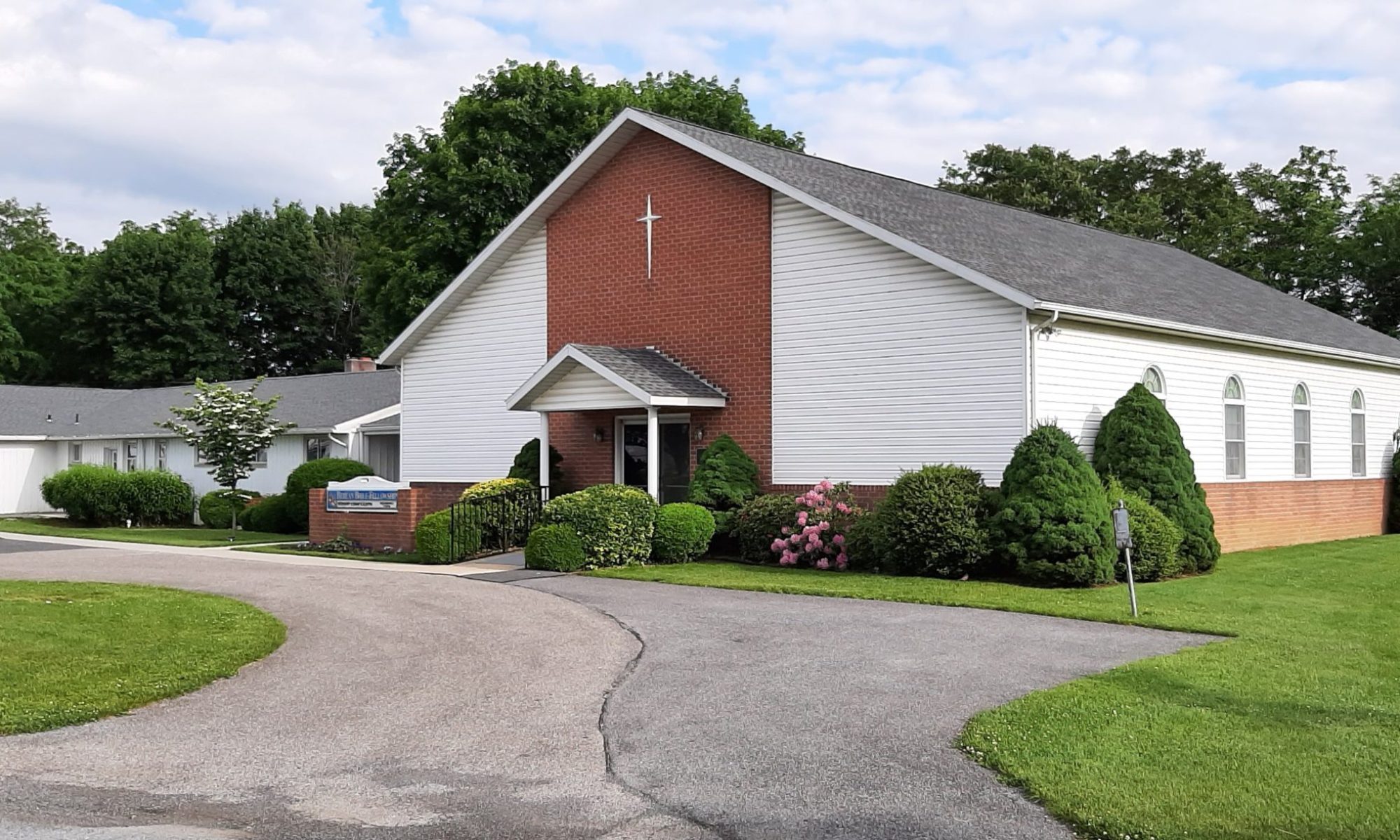‘The man who moved the man who moved millions’.
Henry Moorhouse was born into a Methodist family, in Lyon Street, Ardwick, Manchester on 27 September 1840. Aged 12, he started work in a shipping house, where he fell into bad company. He found himself in jail on more than one occasion, but eventually joined the army, although with no intention of starting a new life.
Moorhouse’s life deteriorated, so eventually his father bought him out of the army. His life had become one of drink, violence and gambling. He was so desperately unhappy that he carried a loaded pistol, not to defend himself but to shoot himself if a moment of utter despair came.
One night in December 1861, passing along Hyde Street, he was struck by the sound of singing coming from a little room. He was told there was ‘lots of drink and fun’, so he went in. The place was so crowded he had to stand on the stairs. But he found he had come to a gospel meeting.
After the singing there was Bible reading — the parable of the prodigal son from Luke 15 — and then a sermon. he saw himself in the sermon of a rebellious, reckless youth who was far from home. The name ‘Jesus’ pierced his heart.
For three weeks he struggled. Now he found he could not get drunk, though he would drink all day. He tried to hide from God but knew he couldn’t.
One day he went to see a young Christian in the engine room of John Rylands and Sons’ warehouse. Together they looked at some verses in the Bible: (Romans 10:9-10). Henry said to his friend that he did believe.’ God had spoken to him on a staircase, but he was converted in an engine room!
A new power had gripped him. He devoured the Bible, spending hours studying it. He became a man of prayer. He loved being with spiritual men and people who won others to Christ.
In 1870 he married, and they had a daughter, Minnie. She was born paralyzed, but he said, ‘My heavenly Father knew what was best for me. He has given me one little paralyzed girl; and she has done more to soften my heart for other poor little children and their sorrows than a crowd of healthy ones could have ever done’.
His was a life of sacrificial generosity towards the needs of others and in it, he found great joy, saying, ‘I do not think Christians ought to be miserable, no matter what kind of days there are’.
His favorite text was John 3:16 and it is that verse which is on his gravestone: ‘For God so loved the world that he gave his only begotten Son that whosoever believes in him should not perish but have everlasting life’.
The best-known evangelist of that day was the American, D. L. Moody. Moorhouse met Moody when as a young man he was preaching in England. Moorhouse introduced himself by saying, ‘I’ll preach for you in America!’ Moody politely but rashly said, ‘If you should ever get to Chicago, come down to my church and I will give you a chance to preach’.
Months later Moorhouse followed this through, telegramming Moody to say he was in Chicago. Moody had to be true to his promise, so reluctantly agreed for Moorhouse to preach when he himself was away. Upon return Moody asked his wife how the young preacher did.
‘Oh, he is a better preacher than you are’, his wife said. ‘He is telling sinners that God loves them’. ‘That is not right,’ said Moody. ‘God does not love sinners’.
‘Well’, she said, ‘you go and hear him. He has been preaching all week, and he has only had one verse for a text. It is John 3:16’.
Moody went, and heard Henry Moorhouse preach on that one verse and afterward said it was on that night that he first clearly understood the gospel and God’s great love.
Now, instead of only preaching that God is going to judge sinners, so people should flee from the wrath to come, Moody could preach God’s great demonstration of love, that Jesus died, taking on himself the sin that would condemn us and offering forgiveness and new life.
Moody said, ‘I have never forgotten those nights hearing Henry Moorhouse. I have preached a different gospel since, and I have had more power with God and men since then’.
The two formed a friendship and Moorhouse took time to teach Moody how to study the Bible for himself, and be true to God’s Word in his preaching. They became good friends, with Henry often preaching for D. L. Moody.
Henry died on 28 December 1880, at 40 years of age, after years of suffering with a heart condition. Confident of going to heaven because of the forgiveness and new life he had received from God, he wrote in his last letter, ‘Ask prayer for me to suffer for Christ better than ever I preached for him; I only want to glorify him’.
Due to his impact on D. L. Moody, Henry Moorhouse was known as ‘The man who moved the man who moved millions’.
